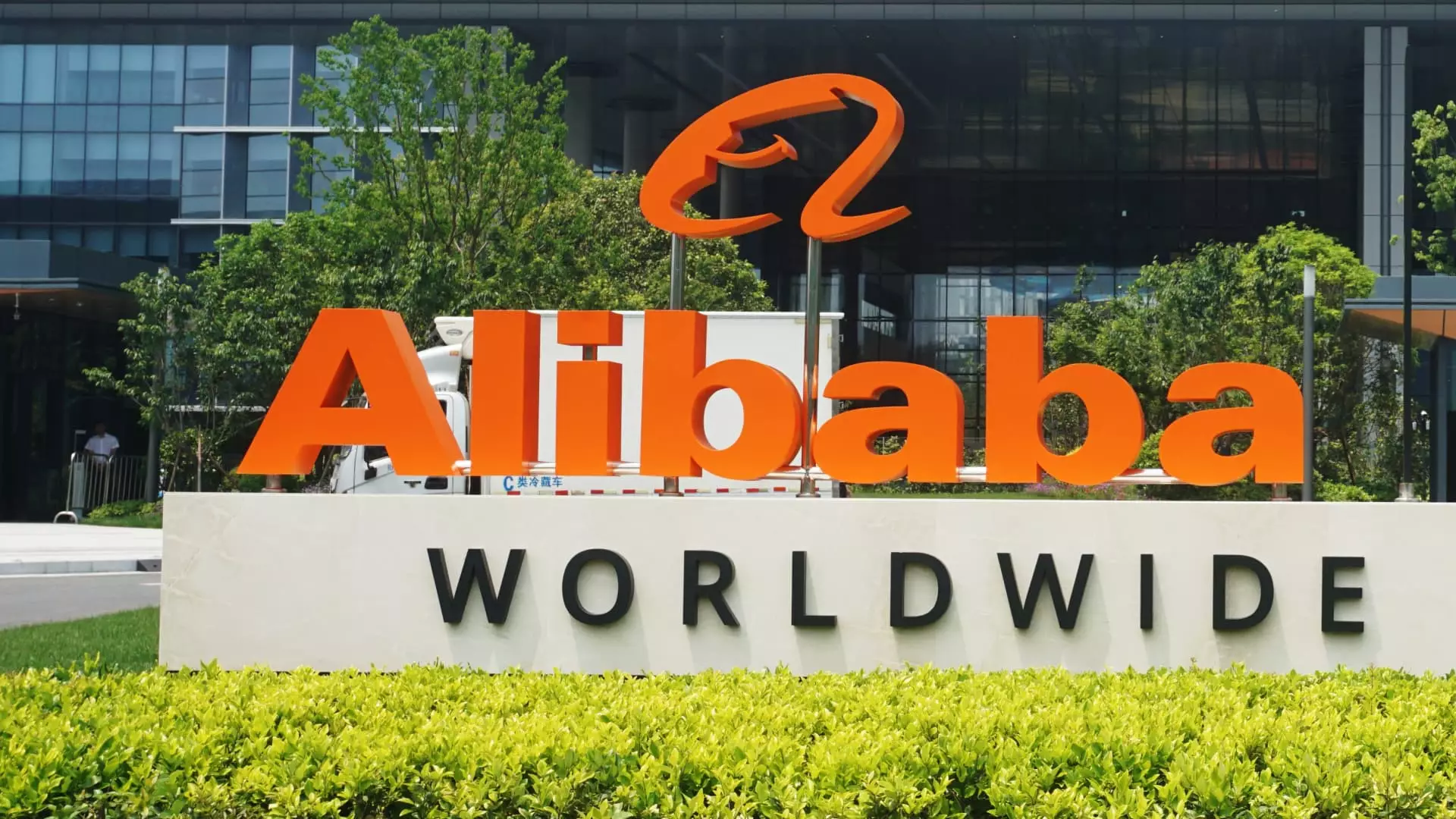In a bold move to strengthen its foothold in the competitive e-commerce landscape, Alibaba’s international corporation recently unveiled its revamped artificial intelligence-based translation tool, Marco MT. The announcement came midweek and is designed to surpass existing rivals like Google, DeepL, and ChatGPT in translation capabilities. This new model claims superiority according to an evaluation conducted by the widely respected translation benchmark framework, Flores. The inauguration of this tool is a significant step forward in Alibaba’s strategy to empower merchants globally, offering them a sophisticated means to connect with diverse customer bases.
Marco MT is not merely a linear translation service; it’s powered by advanced large language models, which significantly enhance its contextual understanding. According to Kaifu Zhang, Alibaba’s Vice President, the tool can interpret the nuances of language, including cultural references and industry-specific terminologies. This aspect is critical in e-commerce, where the integrity of product descriptions directly impacts purchasing decisions. Zhang emphasizes that the core philosophy behind developing Marco MT is to enhance the performance of merchants, as their success invariably leads to Alibaba’s own growth.
With an array of 15 languages supported—ranging from Arabic to Ukrainian—the tool is positioned to facilitate product listings and marketing materials in the local languages of target markets, thereby increasing the likelihood of consumer engagement and sales conversions. It is particularly aimed at international sellers looking to establish a presence in Europe, America, and emerging markets, which, as Zhang notes, account for substantial demands for efficient translation services.
The launch of Marco MT comes at a time when many Chinese enterprises are pursuing international growth opportunities. With competitors like PDD Holdings’ Temu, fast fashion giant Shein, and ByteDance’s TikTok making waves globally, Alibaba recognizes the need for its merchants to effectively communicate across language barriers. According to Zhang, around half of the top international users of AI translation tools hail from developing nations, indicating a burgeoning market that Alibaba is keen to tap into.
The original version of Marco MT has already aided merchants in creating over 100 million product listings. This success underscores the demand for such services, propelled by an increasing number of China-based merchants who opt to expand their reach through platforms like Amazon. As global audiences demand localized content, Alibaba’s strategy of equipping its merchants with advanced translation capabilities positions the company ahead of its competitors.
While specific pricing details for the updated translation tool remain undisclosed, it is noted that pricing is largely dependent on the volume of text translated, reflecting a common model in the industry. Zhang indicated that this tool is bundled within several service packages targeted at merchants, suggesting a strategic approach to encourage usage. By seamlessly integrating Marco MT into their offerings, Alibaba ensures that merchants can have uncomplicated access to essential tools that could potentially drive sales.
Conversely, other AI translation services have varying pricing strategies, which can often complicate the usability for small to mid-sized businesses. Alibaba aims to streamline this experience, essential for fostering long-term relationships with its merchant base. The emphasis on contextual translation indicates a shift towards authentic representations of products, catering to the need for genuine expression in cross-cultural communication.
Anticipated improvements due to the new translation engine underscore Alibaba’s commitment to enhancing user experience, particularly during critical sales periods like the Double 11 shopping festival. Historically, miscommunications in product descriptions could alienate potential buyers—Zhang’s focus on refining these translations suggests a pioneering approach to mitigating such risks.
The current state of Alibaba’s international unit is promising, with significant year-over-year sales growth reported against a backdrop of declining revenues in its domestic e-commerce segments. As analysts project a gradual continuation of this momentum, Alibaba’s strategic initiatives may significantly reshape how merchants engage with global consumers in the digital marketplace.
Alibaba’s launch of the Marco MT translation tool signals a pivotal development in the realm of e-commerce communication. By harnessing the power of large language models and emphasizing contextual nuances in translation, Alibaba is poised to redefine how merchants interact with a global audience. The push towards integrating effective translation solutions into e-commerce operations could not only bolster sellers’ performances but also set new standards for international commerce communication. This evolution is a testament to Alibaba’s innovative spirit and dedication to supporting the growing needs of its global merchant base.

